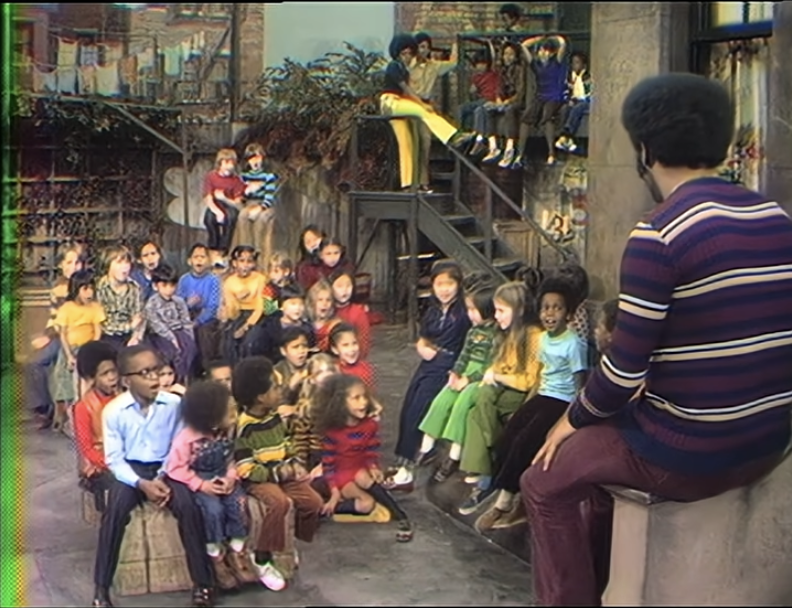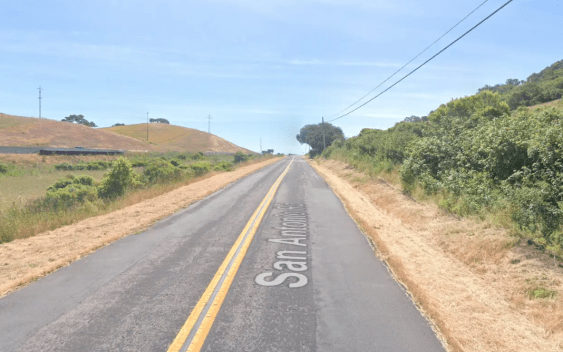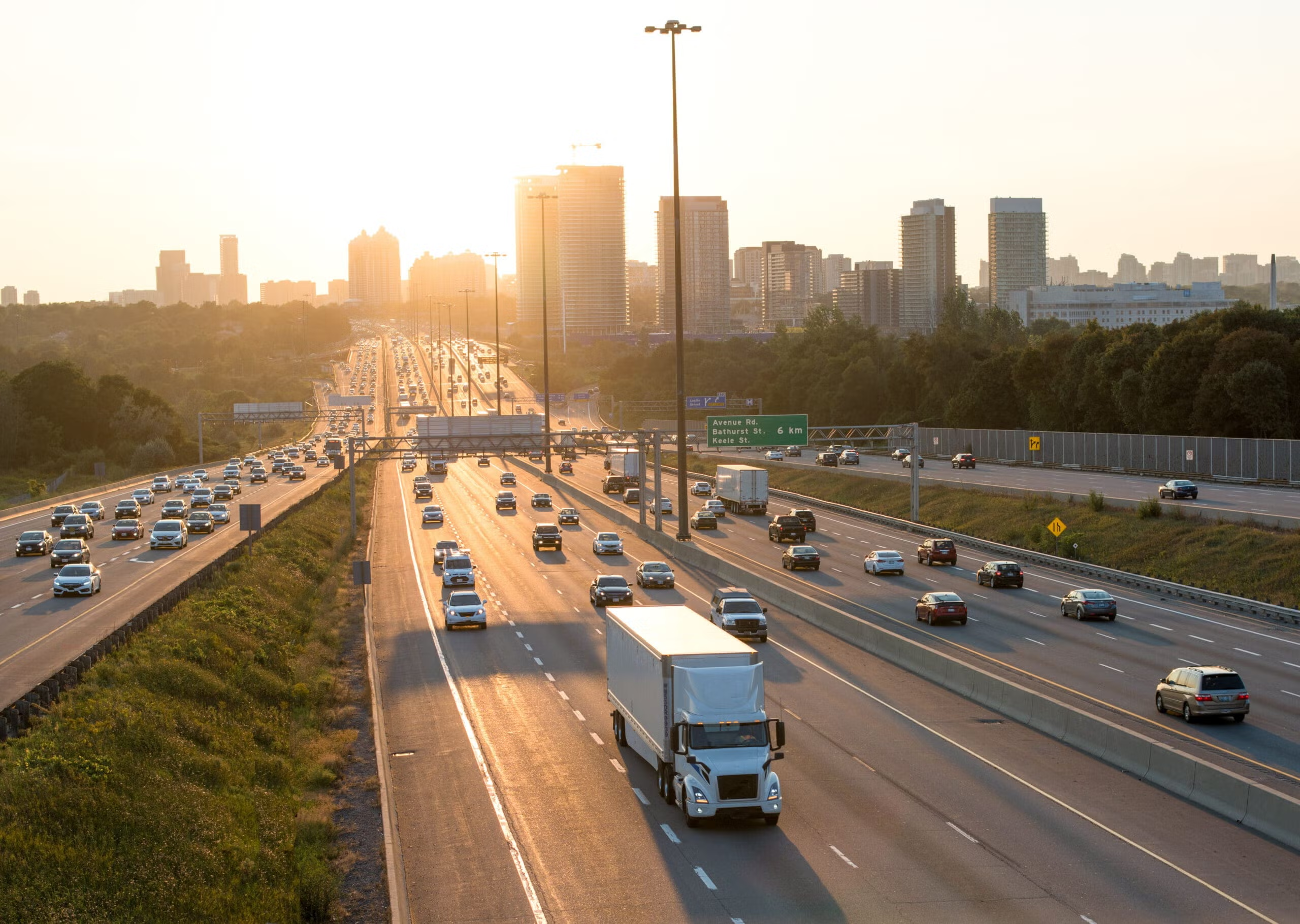The massive new federal funding bill making its way through Washington includes $45 million in much-needed funds for active transportation projects — but it's still a tiny fraction of what American communities actually need.
As part of the $1.7-trillion Consolidated Appropriations Act released Tuesday, the House Appropriations Committee announced that it would finally fund the new Active Transportation Infrastructure Investment Program established under the Bipartisan Infrastructure Law, which will issue discretionary grants to help U.S. communities address dangerous gaps in their bike lane, sidewalk, and multi-use trail networks.
That great news was soured slightly, though, by the dollar figure attached to it. Though Congress has the authority to give the active transport program up to $200 million a year for the next five years, the funding bill would grant it just $45 million for fiscal year 2023 — which is less than 10 percent of the annual $500 million advocates initially requested.
To put it that in perspective, communities seeking to build new infrastructure using funds from the new program (rather than applying for planning grants, which the Active Transportation Infrastructure Investment Program will also fund) will need to submit projects with total costs in excess of $15 million. That means that just three communities could consume the entire pot of funding, if their poverty rates were high enough to meet the criteria for a 100-percent federal share — and that's not even taking into account the administrative costs of running the program itself.
Victory for trail + active transportation networks! The FY23 Omnibus Bill includes $ that will kickstart the Active Transportation Infrastructure Investment Program—the 1st fed program for connecting trails +🚲👟♿️routes to make it safe + easy for people to get around, car-free. pic.twitter.com/s6JwfV6BpB
— Rails-to-Trails Conservancy (@railstotrails) December 20, 2022
Despite the blow, Rails-to-Trails Conservancy spokesperson Brandi Horton called the news "a major victory for trail and active transportation networks" that will "kick-start the long-overdue program" — and hopefully, prompt a deluge of applications that will inspire Congress to give the active transportation program more money next year.
"Our focus will be on generating as many applications as possible to demonstrate the breadth of demand for this type of investment in trail and active transportation networks," Horton added.
That probably won't be challenging. According to a recent Rails-to-Trails survey of planners and active transportation nonprofits, U.S. communities have "over $7 billion in unmet need to fill gaps in active transportation systems" — a fraction of the $110 billion a year that Congress authorized for U.S. highway agencies under the Bipartisan Infrastructure Law, but 155 times more than they'll get from the Active Transportation Infrastructure Investment Program program this year under the current funding bill.
Trails are wonderful ways for Americans to get from place to place and embrace physical exercise and the outdoors. Building a trail creates jobs and raises property values. Naming a trail after a famous African American woman celebrates culture and heritage. 3.6 well-spent!
— Jillian Pierce (@JillianP2021) December 21, 2022
Another way lawmakers could help address America's active transportation backlog is through transportation-focused earmarks, $1.6 billion of which are peppered throughout the new spending bill —at least if GOP lawmakers don't seize on those projects as a pretense to derail the entire package.
One particular line item that elicited Republican opprobrium was the inclusion of $3.6 million for the Michelle Obama Trail in Decatur. Ga., which will fund safety improvements on an already existing 3.8 mile off-road path that connects several neighborhoods with local schools and recreation centers. A flurry of electeds took to Twitter to decry the trail, which Rep. Mary Miller (R-Ill.) derided as "woke nonsense," prompting journalist Tanya Ray Fox to comment that, "You know conservatives have really lost the thread when they think naming hiking trails after famous Americans is woke." (It should be noted that the gaggle of other active transportation and trail projects on the 37-page list that are not named after the former First Lady generated substantially less controversy.)
Even the most self-avowed fiscal hawks were silent, though, on the $3.4 billion that the bill will flex from the general fund to cover Highway Trust Fund shortfalls — because gas taxes paid for by drivers don't come anywhere close to funding America's ever-growing network of auto-centric roads (not to mention that electric cars are cutting into gas tax revenues).
Lawmakers have until Friday at midnight to negotiate the final terms of the deal ahead of the Christmas and New Year's holidays, or face an expiration of the fiscal year 2022 funding bill that would force a government shut down.






